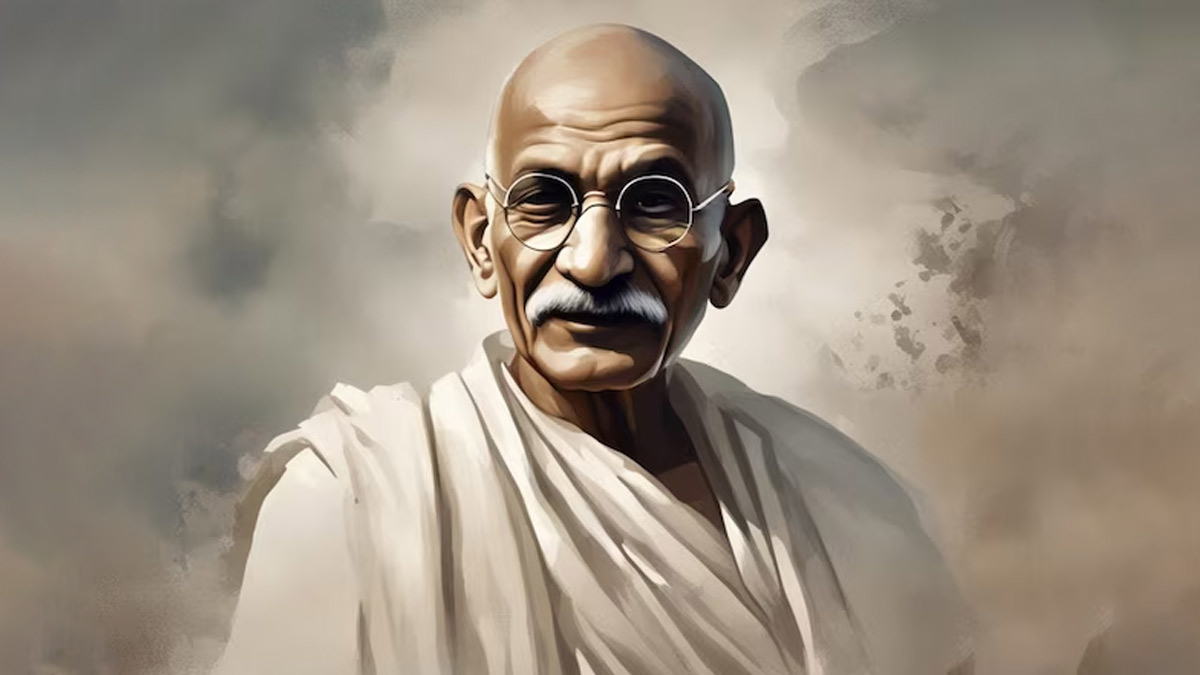
Mahatma Gandhi was an avid supporter of walking. He believed in the potential of walking not merely to effect political change but also to maintain excellent health. Gandhi's Salt March, a 240-mile walk he and his followers took in 1930, demonstrates his conviction in the transforming potential of walking. Gandhi recognised the value of walking early in his life. He initially lived as a tenant with an English family while studying law in England (1888-91). However, due to a lack of funds, he chose to cut his costs in half. He chose his own independent rooms so that he could walk to work in half an hour.
Table of Content:-

Health Benefits of Walking
Improve Physical Fitness
According to the American Heart Association, walking is a low-impact exercise that helps improve cardiovascular health. It strengthens the heart and lowers the risk of heart disease.
It aids in weight management and can contribute to weight loss when combined with a balanced diet. Regular walking helps maintain joint flexibility and muscle tone, reducing the risk of arthritis and osteoporosis.
Mental Well-being
Walking is an excellent stress reliever. The rhythmic motion and connection with nature can reduce anxiety and improve mood.
As per a journal published in the National Library of Medicine, walking helps to relieve anxiety, depression, and a bad mood. It can also improve self-esteem and alleviate social withdrawal symptoms. It enhances cognitive function and creativity, making it a valuable activity for problem-solving and generating ideas.
Longevity
According to a study reported by the Washington post, walking for at least 11 minutes every day can reduce your risk of premature death by about 25%.
The extensive study, published in the British Journal of Sports Medicine, examined health data from more than 30 million people, looking for links between how often people walk and how long and well they live.
Walking has been linked to a lower risk of developing conditions like diabetes and certain cancers.

Set Realistic Goals
Start with achievable daily or weekly walking goals and gradually increase your pace and distance. Gandhi's example teaches us that perseverance and consistency can lead to significant steps ahead the path of our success.
You Can Enjoy By Making It Social
Walking with friends or joining a walking group can make the activity more enjoyable and encourage consistency.
Gandhi's dedication to walking for both political and personal reasons highlights the transformative power of this simple activity. Walking not only played an important role in India's struggle for independence but also provided Gandhi with the physical and mental strength to lead the movement. As we reflect on his legacy, we can draw inspiration from his commitment to walking and the health benefits it offers. So, let's take a step toward a healthy life.
Also watch this video
How we keep this article up to date:
We work with experts and keep a close eye on the latest in health and wellness. Whenever there is a new research or helpful information, we update our articles with accurate and useful advice.
Current Version